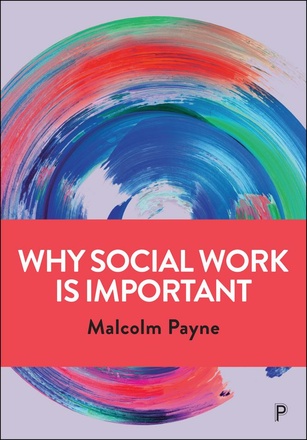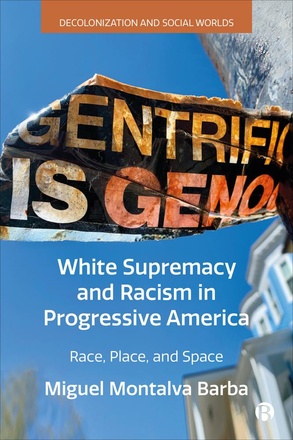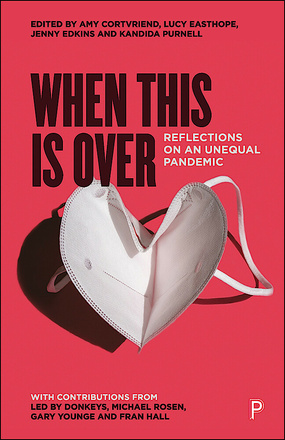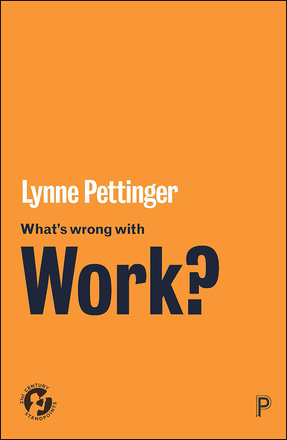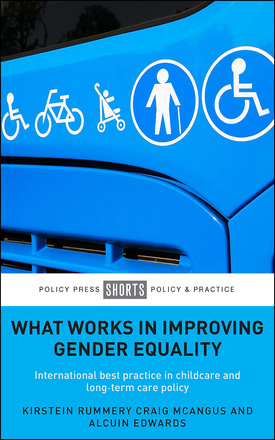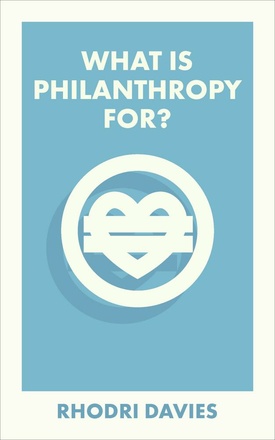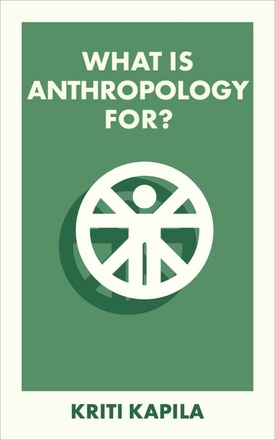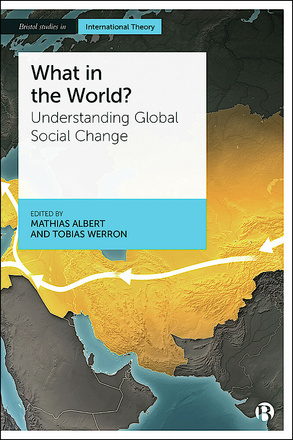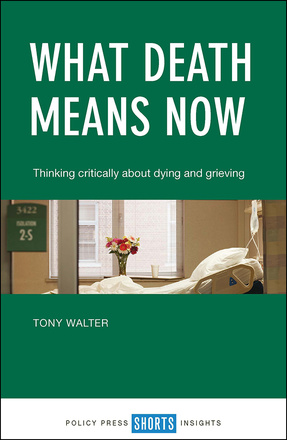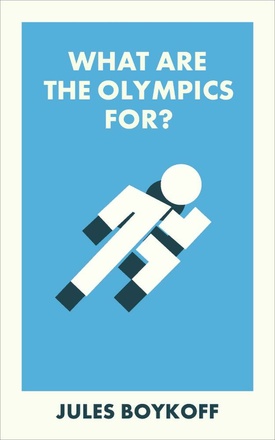Sociology
Why Who Cleans Counts
What Housework Tells Us about American Family Life
Every household has to perform housework. Using quantitative, nationally representative survey data this book theorizes about how power dynamics as reflected in housework performance help us understand broader family variations.
Why Social Work is Important
Identity, Role and Practice
This book demonstrates that all societies require a social work presence. It symbolises the importance of a community-near professional input to human flourishing and the development of social capital. It challenges economic and political trends that corrode deeply-held human and social values.
White Supremacy and Racism in Progressive America
Race, Place, and Space
This book explores the connections between race, place and space, and their role in maintaining racial hierarchies. Focusing on White residents in Jamaica Plain, Massachusetts, it employs interviews, participant observation and content analysis to unveil the enduring racial inequality in this supposedly progressive area.
When This Is Over
Reflections on an Unequal Pandemic
Academics, activists and artists remember and reflect on the COVID-19 pandemic in an inclusive commemorative overview which honours the experience of a global disaster lived up close and suggests the steps needed to ensure we do better next time.
What’s Wrong with Work?
What’s wrong with work shows that how workers are treated has wide implications beyond the lives of workers themselves.
Recognising gender, race, class and global differences, the book considers the ways formal work is often dependent on informal work and concludes by considering what might make work better.
What Works in Improving Gender Equality
International Best Practice in Childcare and Long-term Care Policy
EPDF and EPUB available Open Access under CC-BY-NC licence. This book provides an accessible analysis of what gender equality means and how we can achieve it by adapting best practices in childcare and long term care policies from other countries.
What Is Philanthropy For?
Philanthropy, the use of private assets for public good, has been much criticized in recent years. Rhodri Davies, drawing on his deep knowledge of the past and present landscape of philanthropy, examines pressing questions that philanthropy must tackle if it is to be equal to the challenges of the 21st century.
What Is Anthropology For?
Should the line be maintained between nature and cultural, the biological and the informational, the human and the planetary? Kriti Kapila argues that anthropology provides an essential set of tools for analysing our social reality and makes a case for its unique insights into our human connection, relatedness and exchange.
What in the World?
Understanding Global Social Change
Moving beyond the limits of parochialism, this book develops a truly global perspective on social change. It brings together renowned scholars from across disciplines and provides a range of promising theoretical approaches, analytical takes and substantive research areas that offer new vistas for understanding change on a global scale.
What Death Means Now
Thinking Critically about Dying and Grieving
Bringing 25 years of research and teaching in the sociology of death and dying to this important book, Tony Walter engages critically with key questions around this universal fact.
What Are the Olympics For?
While attention is on Olympic triumphs and tribulations, there is much that goes on behind the scenes that is deeply troubling. Boykoff tells us that radical steps are required if the Games are to be fixed and only then will they be truly ‘athletes first’.
What Are the Olympics For?
While attention is on Olympic triumphs and tribulations, there is much that goes on behind the scenes that is deeply troubling. Boykoff tells us that radical steps are required if the Games are to be fixed and only then will they be truly ‘athletes first’.








